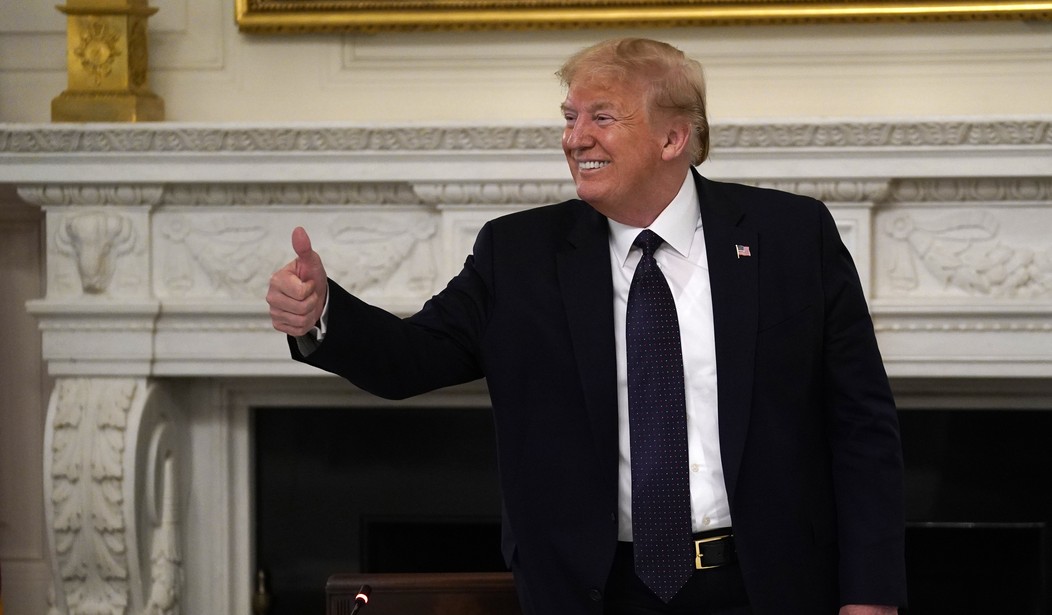Take the rule that restaurants can deliver food, but not wine to go with that food, or the rule that florists in Louisiana must be licensed and…wait for it… pass an exam to make bouquets. Go down the list, and you start to realize how much red tape has been tying up the economy long before COVID-19.
Moreover, consider such rules as the ones prohibiting medical professionals from practicing across state lines, and you start wondering what their functions are: to protect the public from harm, or to protect established businesses from competition?
Mind you that deregulation does not mean a free-for-all where your landscaper also performs surgery, which critics of deregulation usually scare people with. Free markets are highly regulated, although it is consumers and competitors who do the regulating. The current attempts at deregulation often deal with rules where one can be licensed in one state, but if you move to another, you need to apply for license again.
So, yes, America needs regulation relief, but the Executive Order might experience some problems ahead.
First, the order is merely asking the heads of departments to identify and cut regulations as they see fit:
“The heads of all agencies shall identify regulatory standards that may inhibit economic recovery and shall consider taking appropriate action…rescind, modify, waive, or exempt persons…from those requirements”.
This is not putting a sword or an axe to regulation. It is politely asking bureaucrats to do their job.
That may work, but then again, it may not. Cabinets of countless countries are littered with the graves of fresh leaders who tried to take on bureaucracy and failed. Politely asking a regulator to reduce regulation is like lecturing a wolf on the benefits of a plant-based diet. They won’t do it unless they have to.
Recommended
Second, special interest groups will likely resist any meaningful changes to any meaningful rules. Regulation tends to be captured by special interest groups to protect their businesses from competition. Being pro-business (or, more precisely, pro-my-businesses) is not always the same as being pro-competition and pro-free market.
Third, there are progressives who see protecting regulation, however silly, as their sacred duty. I bet that soon we’ll start hearing some politicians painting this executive order as taking us back to the times of the Wild West, and how the poor are being hurt by it.
Sure. Just consider Section 6 of the executive order dealing with fairness in enforcement: “Administrative enforcement should be prompt and fair.” Horrible. Or this one: “Penalties should be proportionate, transparent, and imposed in adherence to consistent standards and only as authorized by law.” Asking the regulators not to overstep the law? Awful. “Agencies must be accountable for their administrative enforcement decisions...” Bureaucrats accountable? How dare you!
The challenge is huge, the problems have been there for a while, and unnecessary regulations will not go away simply because we ask them to.
Consider this. Even the European Union, which thrives on creating silly rules, recognizes the scope of the problem. Ensuring regulatory burdens are kept to a minimum is an objective of the deregulation drive of the European Commission.
Other approaches to deregulation have exotic sounding names like “Bulldozer”—where local business communities are mobilized to identify unnecessary regulations and to advocate for its reform or removal. Or “Guillotine”—reviewing a large number of regulations against objective criteria and eliminating those which are no longer functional.
Perhaps my favorite is the “principle of reversal of burden of proof,” in which the regulators need to justify why a license or regulation is needed, otherwise such regulation is removed. Imagine taking all the silly rules to court, where the bureaucrats have to prove to folks with common sense that a nurse licensed in Georgia cannot work as a nurse in Alabama?
Wouldn’t it be great that every new rule that hampers people from working and creating would have to jump through the hoops of proof, rather than forcing small businesses to jump through regulatory hoops every day in the bureaucratic circus?
One can dream, right?

























Join the conversation as a VIP Member